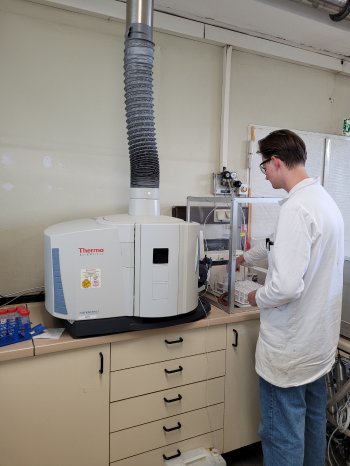On 30.07.2024, Regulation (EU) 2024/1987 amending Regulation (EU) 2023/915 regarding the maximum levels for nickel in certain foodstuffs was published and must be applied from 01.07.2025.
The following maximum levels in mg/kg from the regulation are relevant for the fruit juice industry:
3.6.16 Fruit juices, fruit nectars and vegetable juices including fruit juices, fruit nectars and vegetable juices intended as babyfood
3.6.16.1 Fruit juices, fruit nectars and vegetable juices except products listed in 3.6.16.2 0,25
3.6.16.2 Fruit juices and fruit nectars containing juices and nectars from passion fruits, cocoa fruits, and from small fruits and berries and coconut water 1,0
The new maximum quantities have already been included in all AIJN CoP Reference Guidelines.
The monitoring and regulation of nickel levels in food and beverages remains an important issue in order to protect consumer health, especially for people with nickel allergies or hypersensitivities.
Tentamus chelab GmbH has been measuring nickel content with ICP-OES for years and can refer to a large database. The laboratory is also accredited for this parameter in accordance with DIN EN ISO/IEC 17025.
We offer over 45 years of experience in the field of fruit juice analysis and will be pleased to assist you with any questions you may have about fruit juice.


